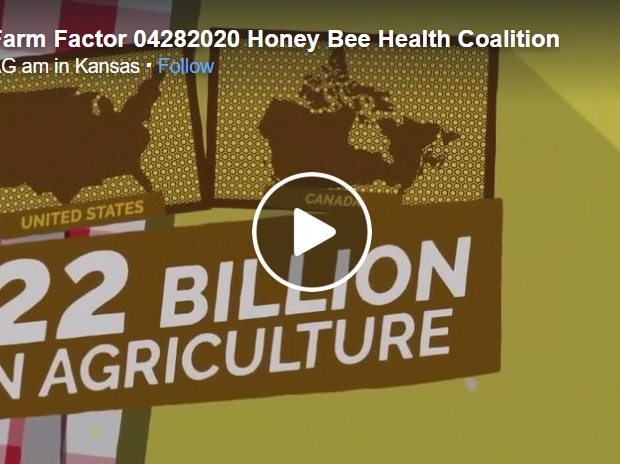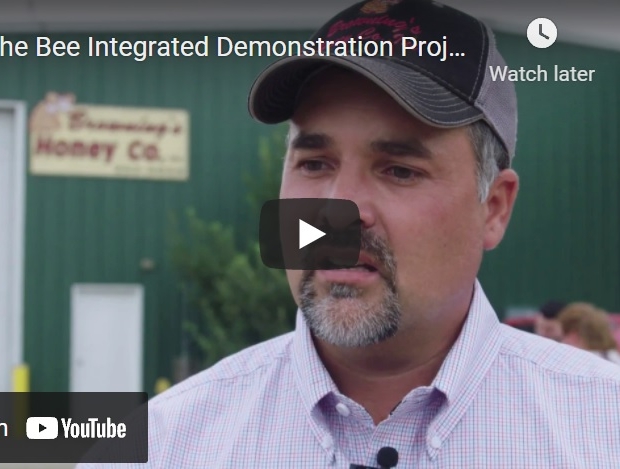News
MP3 Symposium Provides Crucial Insights to States, Partners Working to Support Pollinator Health
PRESS RELEASE
[Keystone Policy Center, March 11, 2016]
MP3 Symposium Provides Crucial Insights to States, Partners Working to Support Pollinator Health
Event Partners Include USDA, EPA, Honey Bee Health Coalition, National Association of State Departments of Agriculture
WASHINGTON, March 11, 2016 — Following the Managed Pollinator Protection Plan (MP3) Symposium, held March 10-11, participants will continue their conversations and coordination to promote honey bee and other pollinator health through state plans and other efforts. The MP3 Symposium, attended by more than 130 representatives from federal agencies, states, tribes, and the beekeeping and agricultural community, hosted a series of discussions on states’ efforts to promote managed pollinator health as well as best practices in the development, implementation, and evaluation of these plans.
The symposium, convened by the Honey Bee Health Coalition, National Association of State Departments of Agriculture, U.S. Environmental Protection Agency, and U.S. Department of Agriculture, centered on the presentation and discussion of best practices to develop a state or tribal Managed Pollinator Protection Plan. Recordings of the event’s panel discussions and other sessions will be available soon at https://honeybeehealthcoalition.org.
The Symposium provided tools, insights, and relationships necessary for state, tribal, and other stakeholders to effectively and efficiently pursue the development of MP3s. It also helped to highlight important opportunities for stakeholders to work together to protect pollinator health.
“Pollinators are critical to our nation’s food supply and its broader ecological health. There is no one solution to solving the challenges facing pollinators, which is why these conversations among states and their stakeholders are vital in developing and implementing effective plans to address this global challenge,” said Robert Sears, President of Eastern Missouri Beekeepers Association, Board Member of American Beekeeping Federation.
“Pollinator health and agricultural and environmental health go hand-in-hand. While each state is developing its own plan, this national symposium enabled us to share essential perspectives on the experiences, challenges and opportunities across the country,” said Jack Peterson, Associate Director, Environmental Services Division, Arizona Department of Agriculture.
About the Honey Bee Health Coalition
The Honey Bee Health Coalition brings together beekeepers, growers, researchers, government agencies, agribusinesses, conservation groups, manufacturers and brands, and other key partners to improve the health of honey bees and other pollinators. Its mission is to collaboratively implement solutions that will help to achieve a healthy population of honey bees while also supporting healthy populations of native and managed pollinators in the context of productive agricultural systems and thriving ecosystems. The Coalition is focusing on accelerating collective impact to improve honey bee health in four key areas: forage and nutrition, hive management, crop pest management, and communications, outreach, and education.
Through its unique network of private and public sector members, the Coalition fosters new partnerships, leverages existing efforts and expertise, and incubates and implements new solutions. The Coalition brings its diverse resources to bear in promoting communication, coordination, collaboration, and investment to strategically and substantively improve honey bee health in North America.
A list of Honey Bee Health Coalition members can be found at www.honeybeehealthcoalition.org.

